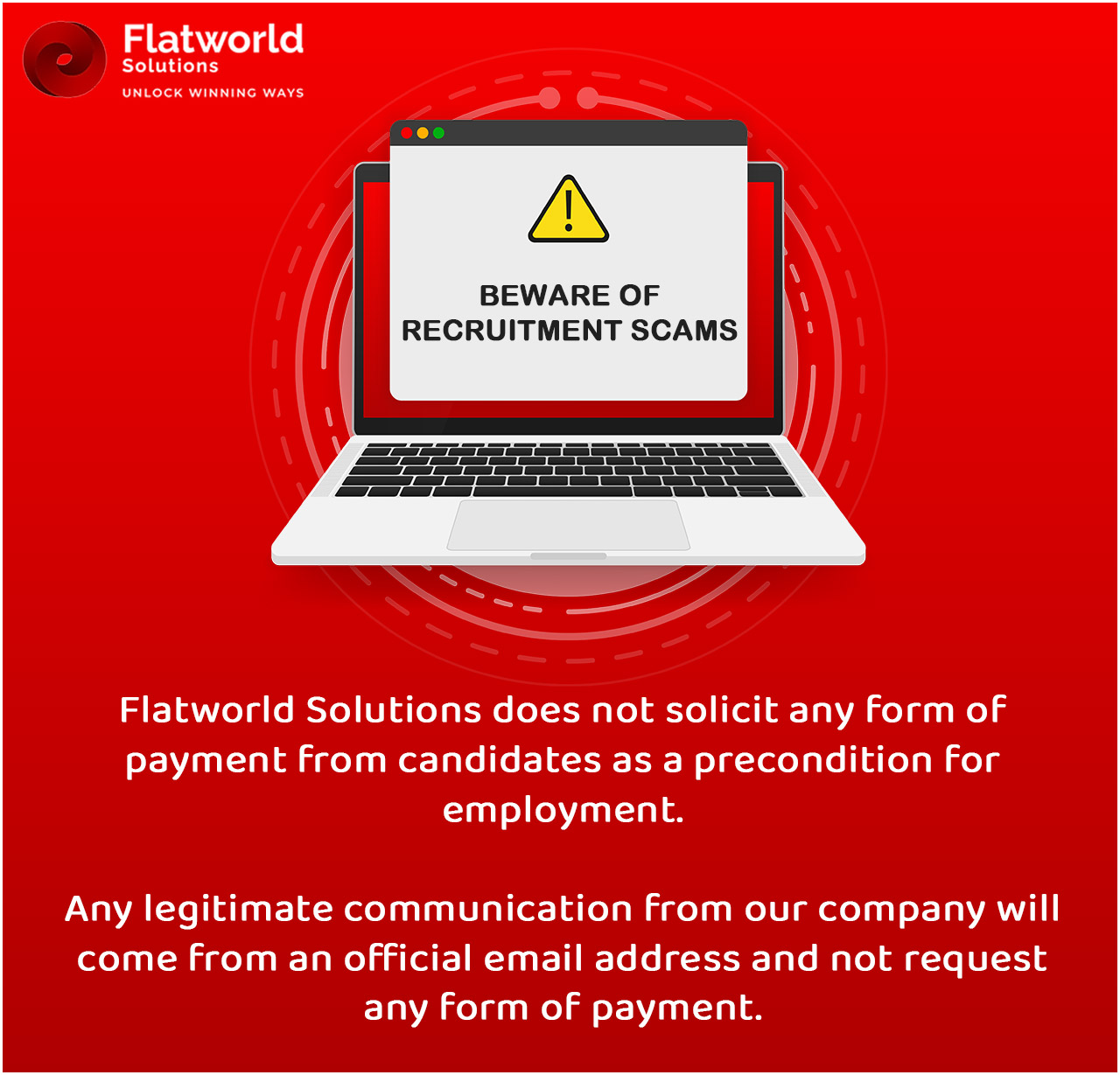In the simplest of terms, a loan modification is a direct response to a borrower's inability to repay a mortgage or home loan. Although a relatively new term for many first-time homeowners, loan modifications are steadily on the rise as many homeowners steadily wake up to the very real possibility of a foreclosure. Home foreclosures in America hit an all-time high in 2009, and even after 7 years, the trends has reduced but not gone down as many people would like. Higher interest rates and a slowdown in the economy are to be blamed, and choosing a loan modification is the only real chance for many to save their homes.
Most loan modifications generally involve a reduction in the interest rate, principal balance, or an extension of the loan term. In some cases, it can also be a combination of all three. At the same time, while loan modifications help homeowners, the question that arises is how is it important for mortgage lenders?
The Loan Modification Underwriting Process: How it Affect's Lenders
The simplest reason as to why lenders are open to modifying a loan is because it helps them save money. Money which otherwise would have been lost if a particular house they financed went into foreclosure. Instead, with the help of a modification, they can still hope to receive back the principal amount and in some cases, lesser interest, with the borrower being able to pay at the new rates. Therefore a loan modification is a win-win situation for both borrowers and lenders, as people get to keep their houses, and lenders get their monthly payments.
At the same time, while a loan modification is fast becoming the go-to solution for borrowers risked with foreclosure, lenders are also striving hard to reduce re-defaults with the help of timely, accurate, and prudent underwriting.
The importance of loan modification underwriting cannot be denied, as the underwriters are the first line of defense against unscrupulous borrowers and are, by all means, the real estate detectives no one knows about.
Loan Modification Underwriting for Businesses
An underwriters' job is to make sure that a borrower represents himself and his finances truthfully and accurately, and find out if any false claims or documentation have been submitted. On a general basis, an underwriter's standard is much higher than loan pre-qualification requirements, as they are one of the few key decision makers who can approve, suspend, or decline a mortgage application.
The Three C's of Underwriting
The basic tenets of efficient underwriting are the three C's, namely -
- Capacity
- Credit reputation
- Collateral
Capacity deals with a borrower's ability to pay the modified mortgage on time, and includes an in-depth appraisal of their debt-to-income ratio, spare cash reserves, salary, loan modification program they want to go for and more. Knowing a person's capacity helps underwriters decide whether they can pay off a modified loan or not, whether it is interest-only, fixed-rate mortgage, or a cash-out refinancing option.
Credit reputation, on the other hand, helps underwriters check borrowers past credit history, including previous loans, bankruptcies, foreclosures, etc. and again helps them check the viability of a person to pay off a loan successfully. Even previous non-housing related delinquencies are taken into account in order to arrive at a proper credit reputation.
Finally, we are left with Collateral, which basically deals with a borrower's loan-to-value ratio, type of property, down payment they are willing to provide, property use, etc. In all cases, underwriters minutely examine the details of the borrower so as to understand the exact level of layered risk that is associated with each loan modification application.
Standardized Mortgage Modification Underwriting Process
The standardized process of underwriting loan modifications include the following steps -
- The loan modification underwriters begin the collection of all pertinent documents related to the borrower once a request for loan modifications is raised
- The underwriter analyzes and reviews all conditions which justify the request for modification
- An evaluation and assessment of a borrower's current financial condition, income, assets etc. is conducted
- After reviewing an up-to-date appraisal report of the property, the underwriter confirms the current value of the property which is to be taken as security for the loan
- All fraud related compliance steps are also followed until the underwriter is sure about the borrower's intentions
- Finally, a decision is made about the loan modification plan
Throughout the procedure, the loan modification underwriter also makes use of the NPV (net present value) test to compare the total NPV of cash flow, with and without mortgage modification. If positive for the lender, a modification approval can be easily granted if the other conditions are met as well.
How Does Outsourcing Help Loan Modification Underwriting?
By now we have been able to establish the importance of loan modification underwriting. At the same time, increasing attrition and more work pressure have led to a significant decline in the number of qualified underwriters. In fact, some estimates suggest that there is more than a 40-50% shortfall in good underwriting talent across the USA alone. In such cases, outsourcing the underwriting tasks can not only help lenders service their customers more effectively, but also allow them to save big on costs!
Some of the benefits of outsourcing loan modification underwriting include -
- Reduced application backlog with the help of professional, external underwriters, tele-underwriting, and in some cases, even automated, rule-based underwriting
- Better client retention as the client's own underwriters can focus on high-value tasks which require personal attention
- Clog-free loan modification approval times can be achieved with ease
- Hardware and payroll savings which could see your business generate better profit margins
- Zero downtime as most offshore service provider have people working in shifts so as to better facilitate their clients
- Extremely satisfied customers who receive their loan modification approvals on time
Our Related Services
Flatworld Solutions: The Loan Modification Underwriting Specialist
At FWS, we focus on the strength of our underwriting and quality control processes, and with 22 years of experience in providing high-quality mortgage support services, we can help improve the quality of loan modifications approved in your business, while significantly reducing the costly impact of re-defaults.
We have worked with countless Fortune 500 companies, and have enabled them to foster and build long-term consumer confidence in their offerings while ably supporting their backend. Read our customer testimonials to know more about how we can bring about a positive change in your business with the help of our time-tested mortgage outsourcing process.
Contact us right away and partner with one of the best loan modification service providers!
Contact UsOur Customers





Case Studies
-
Flatworld's Automated Solution - MSuite Reduced Loan Closing Time Significantly for a US Client
-
FWS Used its Tool, MSuite, to Enable a Leading Mortgage Company Streamline its Processes
-
FWS Used its Tool, MSuite, to Enable a Leading Mortgage Company Streamline its Processes
-
FWS Automated the Data Indexing and Extraction Process Using its Tool, MSuite, For a Top Mortgage Company
-
Flatworld Automated Underwriting Processes for a Leading US Residential Lender

USA
Flatworld Solutions
116 Village Blvd, Suite 200, Princeton, NJ 08540
PHILIPPINES
Aeon Towers, J.P. Laurel Avenue, Bajada, Davao 8000
KSS Building, Buhangin Road Cor Olive Street, Davao City 8000







